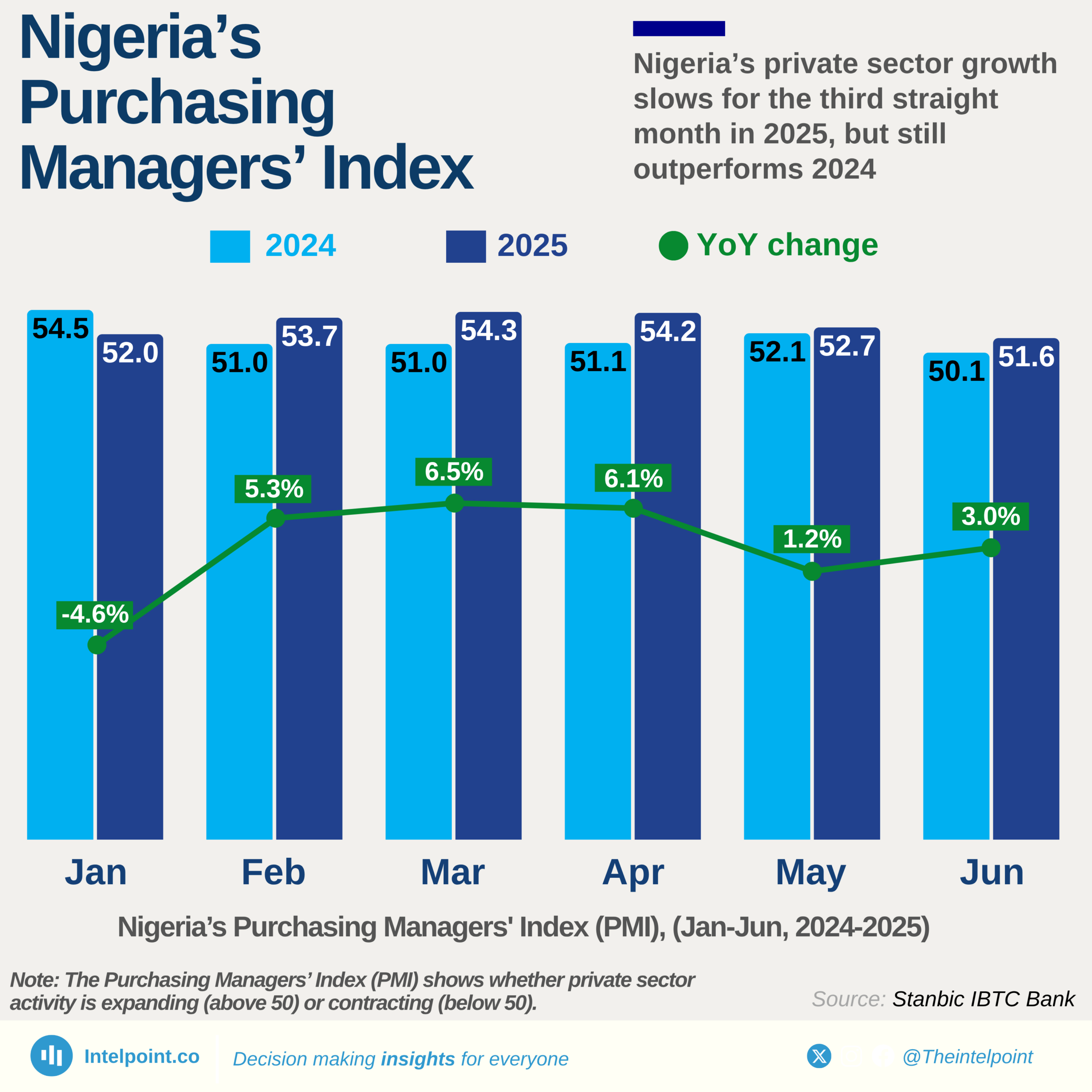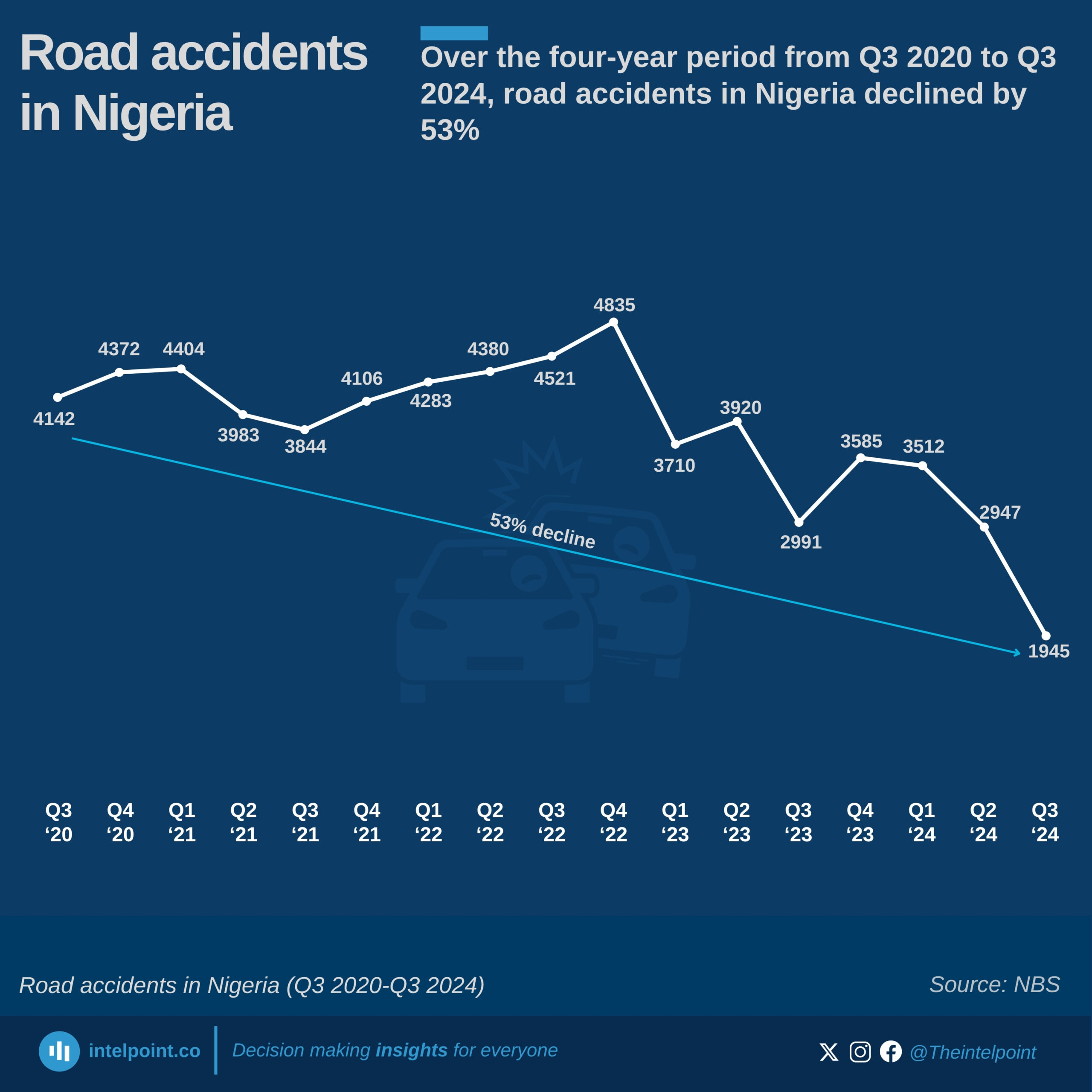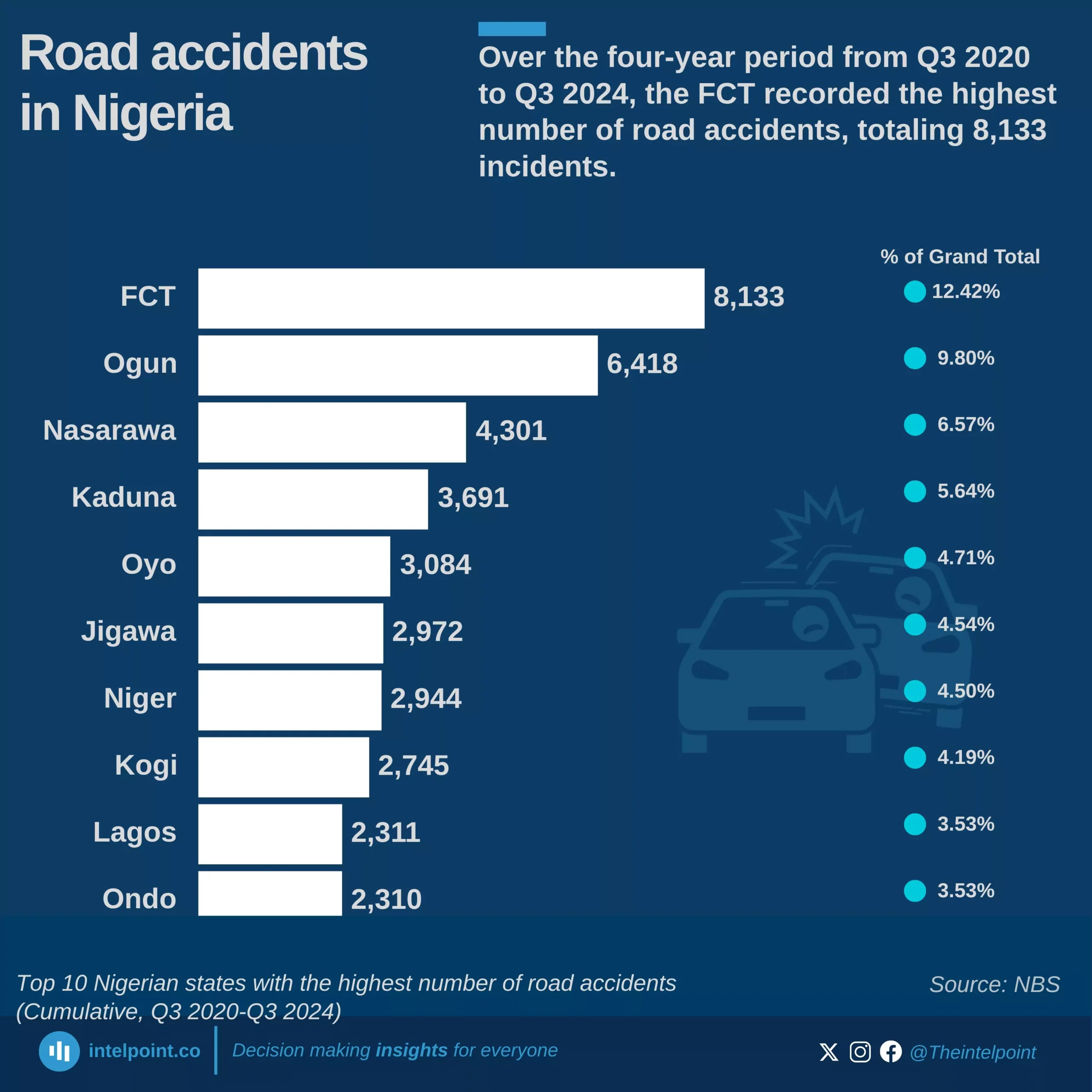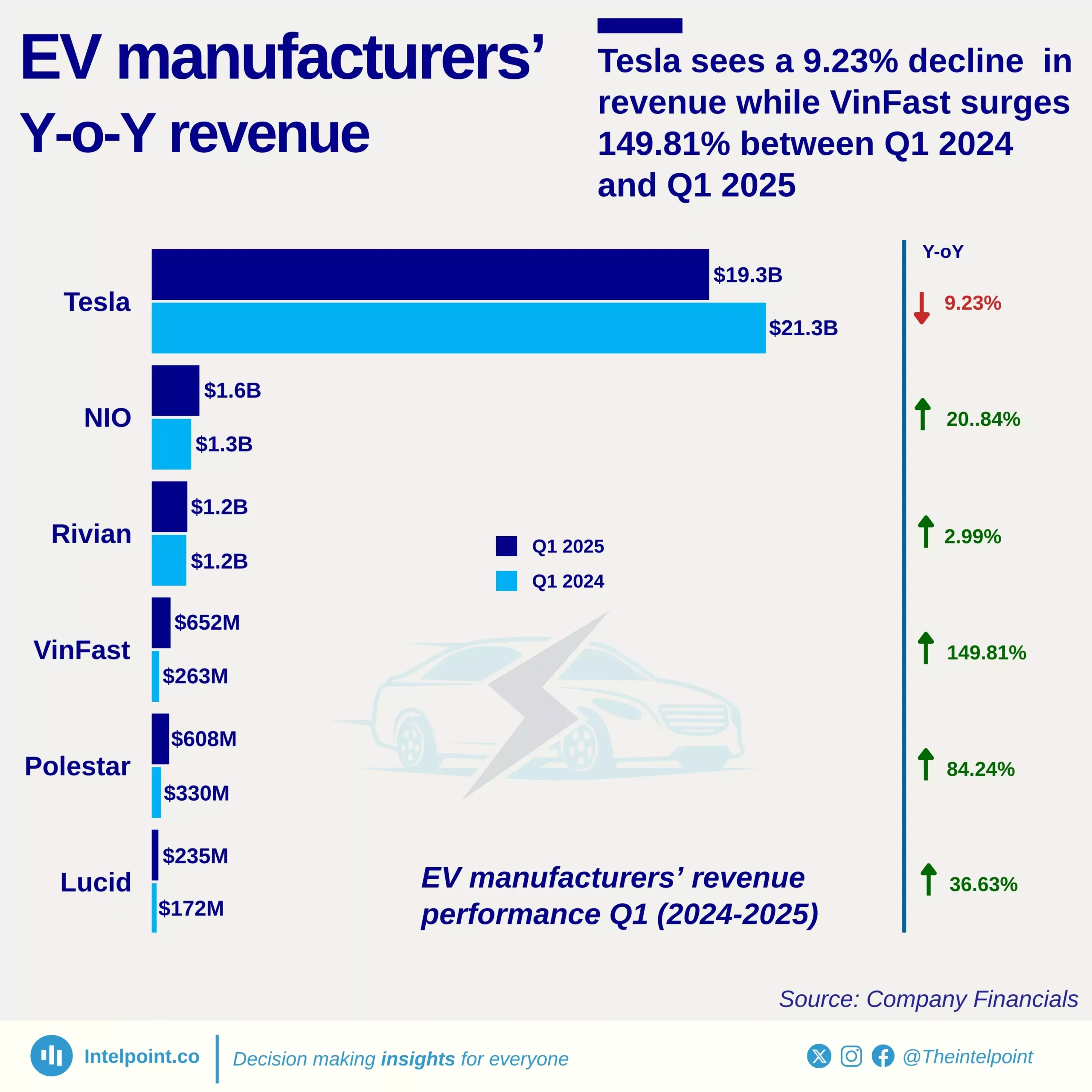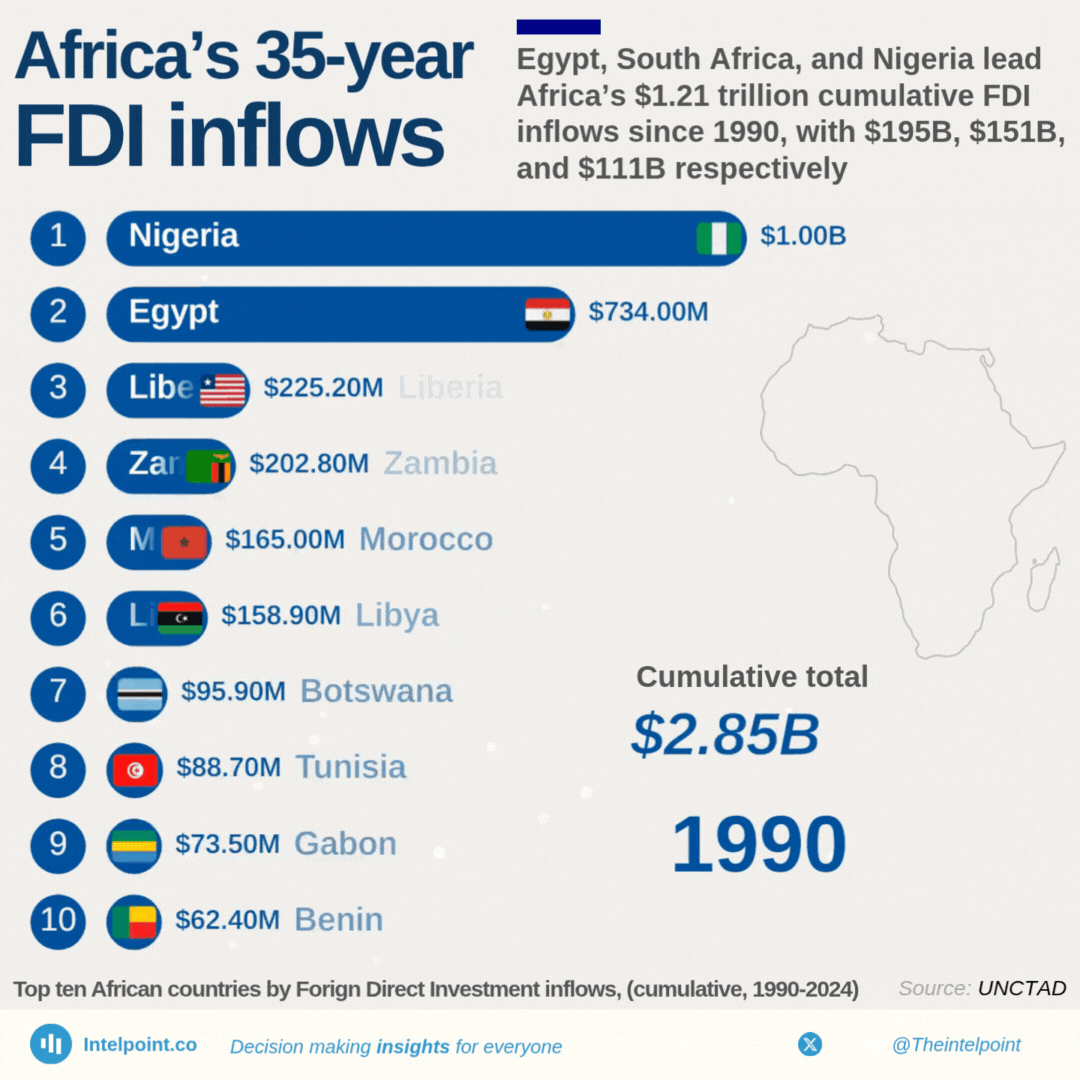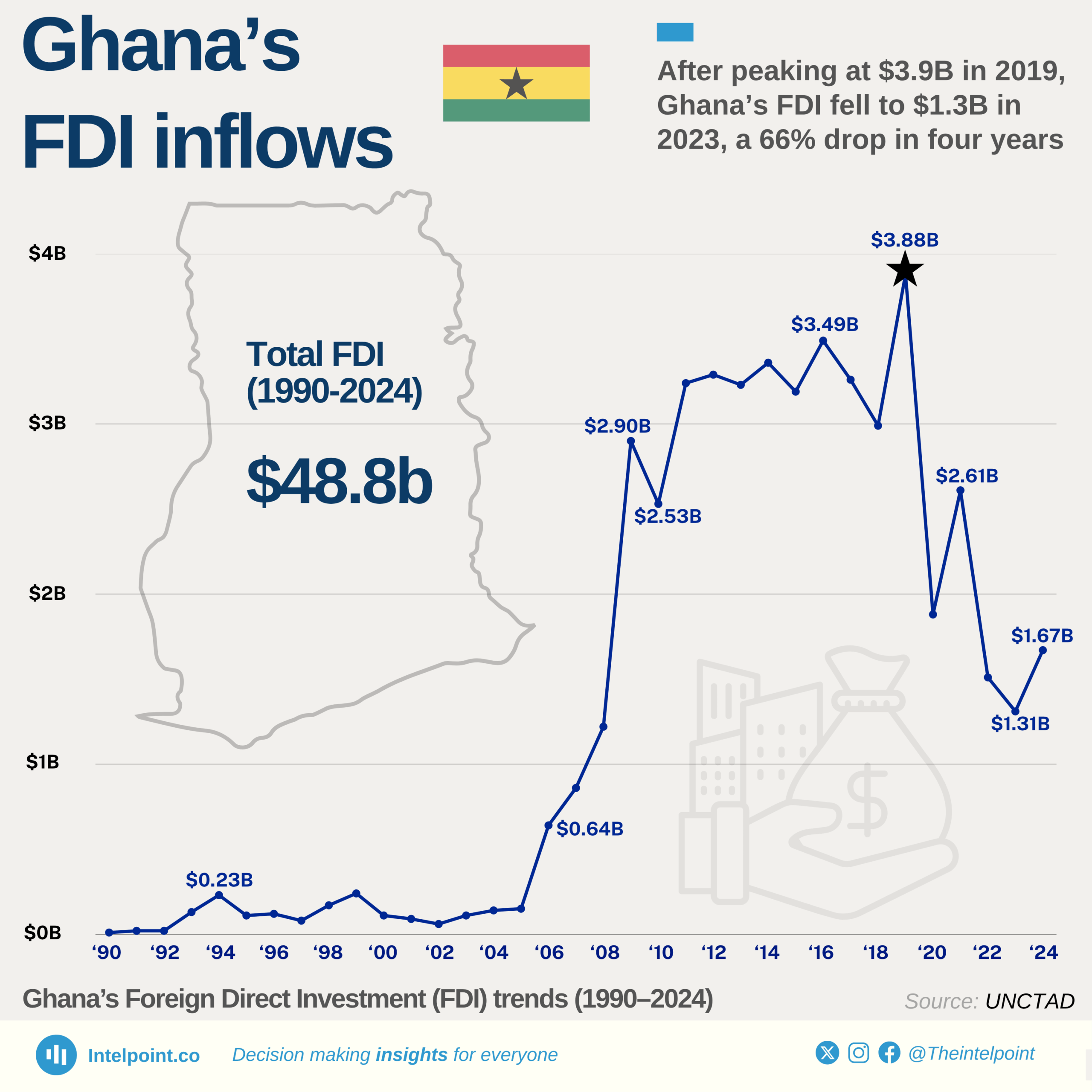Capital expenditure is the backbone of a nation’s long-term development, shaping infrastructure, economic growth, and social well-being. In Nigeria, nearly half (47%) of federal capital expenditure is allocated to economic services, reinforcing the government's focus on transportation, agriculture, and power. However, the distribution of funds has shifted significantly over the years, revealing intriguing patterns in national priorities.
A closer look at the data from 1999 to 2023 shows a gradual decline in capital spending on economic services, even though they remain the largest category. While economic services accounted for over 65% in 1999, this share has decreased to around 44% in recent years. Meanwhile, administration spending has increased, suggesting a growing focus on governance, bureaucracy, and institutional frameworks.
